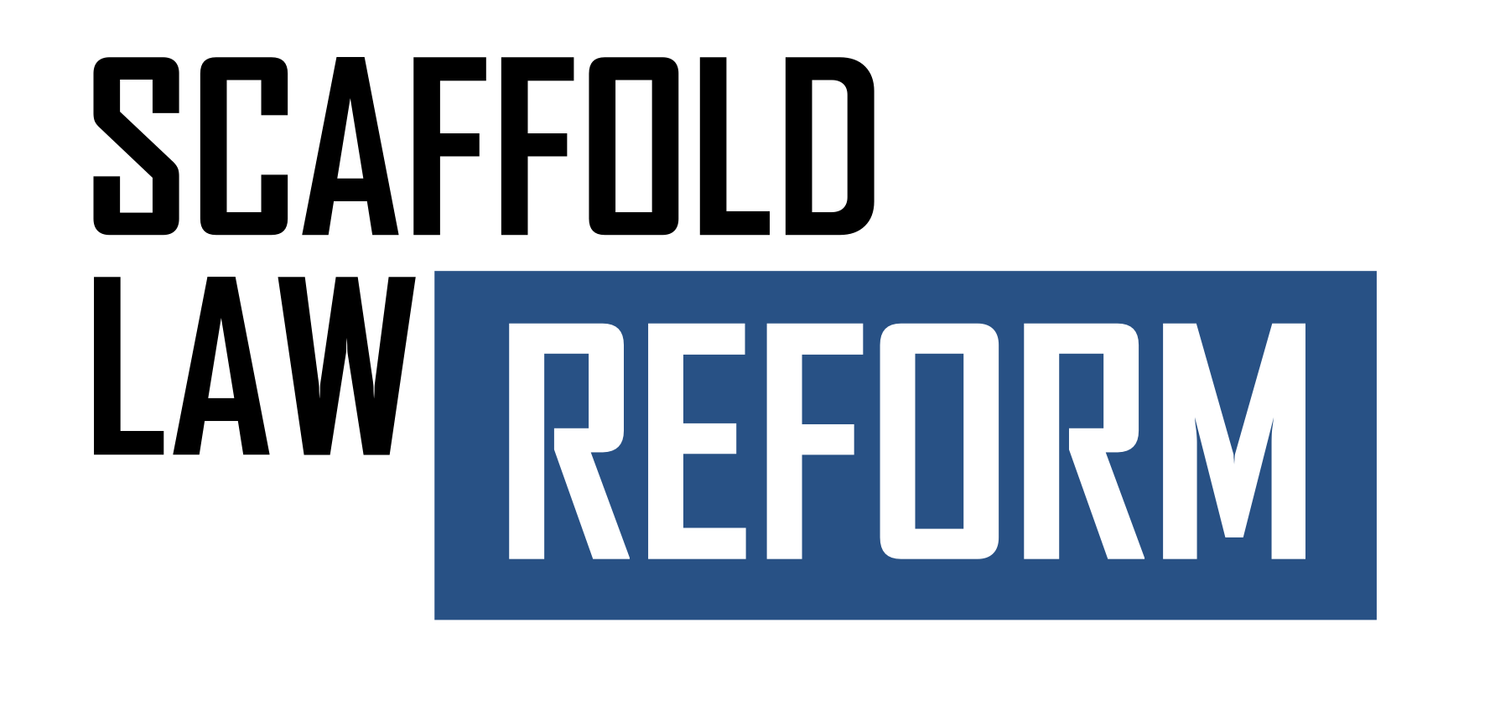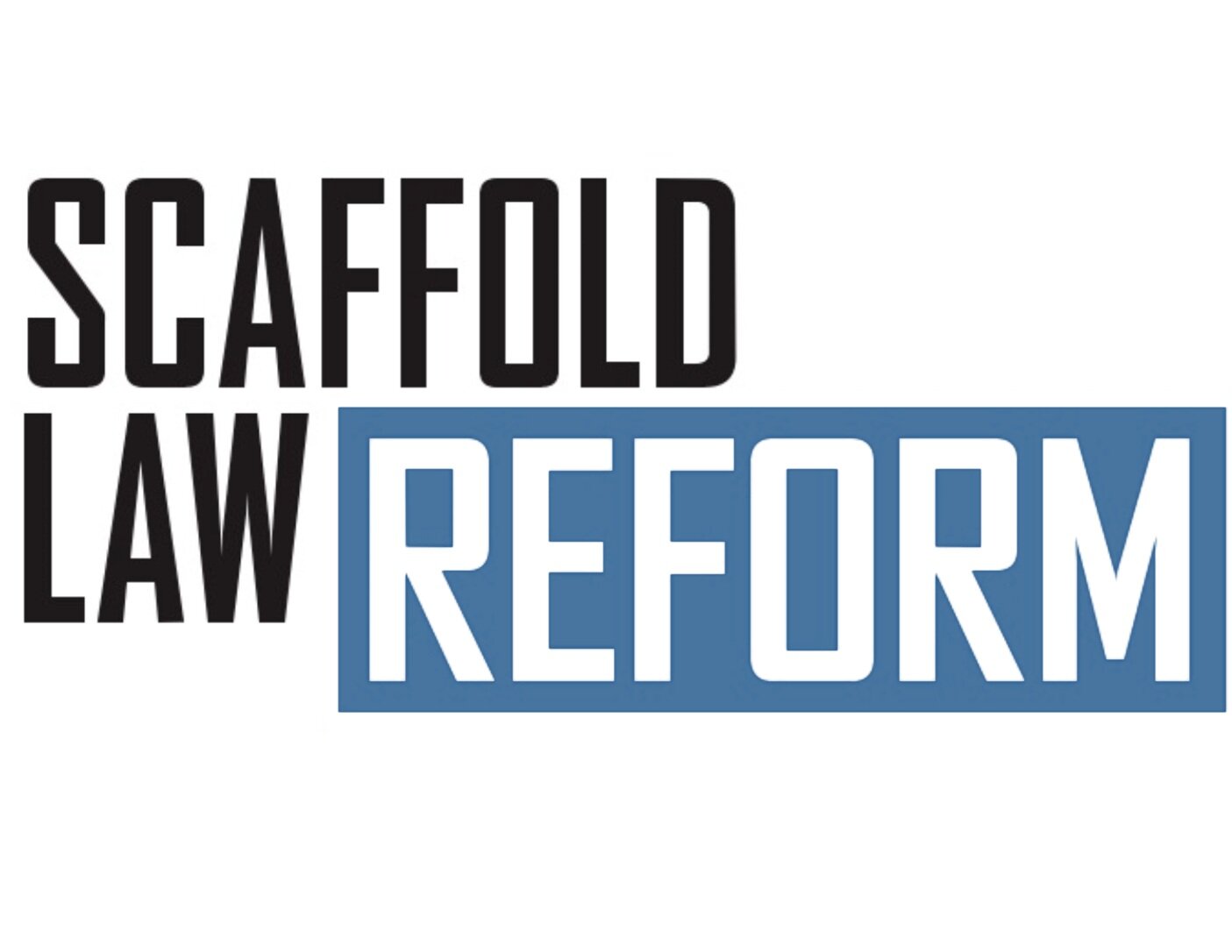Scaffold Law Reform in the Insurance Journal
Calls for Reform Revived Over More Than A Century Old New York Law
A coalition of business advocacy and local government groups have renewed calls for reform to a New York law that has been on the books since the late 1800s.
New York State Labor Law sections 240/241, known as the Scaffold Law, holds contractors and property owners engaged in construction, repair or demolition work 100% liable for gravity-related injuries despite any gross negligence on the part of injured workers, such as failure to use proper safety equipment.
The coalition, which includes more than 75 member organizations such as contractors and various trade groups, wrote a September 29 letter to New York Governor Andrew Cuomo calling for removal of this absolute liability standard within the Scaffold Law.
The letter, obtained by Insurance Journal, claims this fix would “annually free up millions of dollars in state and municipal budgets, save hundreds of millions in infrastructure costs, and release an estimated two hundred million a year in education budgets across the state” at a time when New York is already weathering economic fallout from the COVID-19 pandemic.
“New York is facing $20 billion of deficit, and here we have a fix that we can enact and it would save hundreds of millions of dollars for schools, save hundreds of millions of dollars for infrastructure, at precisely the time when we need that money,” said Tom Stebbins, executive director of the Lawsuit Reform Alliance of New York (LRANY).
Stebbins said beyond the cost issue, a lack of available construction general liability insurance policies in New York has created challenges for small businesses in particular seeking this coverage.
“If you look over the past few years, it’s gotten demonstrably worse,” he said. “More and more insurers have left New York entirely. They will no longer write construction policies.”
Stebbins said the reason for this is the absolute liability standard within the Scaffold Law, which makes general liability for construction a risky segment of the market for New York insurers.
“Nobody wants to write it, because it’s nearly impossible to insure, right?” he said. “If your client is 100% guilty all the time, it’s nearly impossible to cage the risk.”
With this in mind, the coalition’s letter urges Cuomo to add Scaffold Law reform to the 2021 executive budget and amend the absolute liability standard into what the coalition calls “a more equitable and modern comparative negligence standard.”
“We’re not looking to repeal the law,” Stebbins said. “We’re not looking to change any of the safety provisions in the law. We’re only looking to change the absolute liability portion of the law, which actually isn’t even written into the law. It’s how the courts have interpreted it. So that’s why I think we need a legislative fix…to provide clarity and to say that we’re going to impose liability the same way that every other state does.”
Indeed, New York is the only state in the nation that imposes this type of absolute liability penalty within its labor law. This isn’t the first time it has been called into question, either.
Insurance Journal previously reported a similar discussion about reform to the Scaffold Law by government agencies and contractors back in 2013. In 2016, LRANY again called the Scaffold Law into question.
The New York Committee for Occupational Safety & Health (NYCOSH), a labor advocacy group in New York City, pushed back against the 2016 proposed reforms, however, saying the current Scaffold Law is needed to keep New York construction workers safe.
“We know there has been a lot of pushback against the law from various business interest groups,” said Charlene Obernauer, executive director at NYCOSH. “What’s important is, how can we make sure that workers are protected on the job? This scaffold safety law is a critical way of keeping workers safe in New York State.”
A spokesperson for the New York State Division of the Budget, which assists the governor in preparing his executive budget proposal, did not seem optimistic about these latest calls for reform.
“We will review the letter, though this has been a nonstarter with the legislature,” the spokesperson told Insurance Journal in an email.
However, Scott Hobson, assistant vice president of government relations for insurance trade association Big I New York, said that reforming the law is essential as it would drive down insurance rates and encourage carriers to re-enter the market.
“The market for general liability insurance in New York is extremely challenging, in no small part due to the enormous litigation costs from the Scaffold Law,” he said. “Reforming this archaic statute would encourage carriers to re-enter the market, promoting competition, driving down astronomical rates, and making it easier for customers to get the appropriate coverage. This would result in significant savings to taxpayers on all publicly-funded construction projects.”
Read it online here: https://www.insurancejournal.com/news/east/2020/10/08/585902.htm

